Levantines in the performing arts
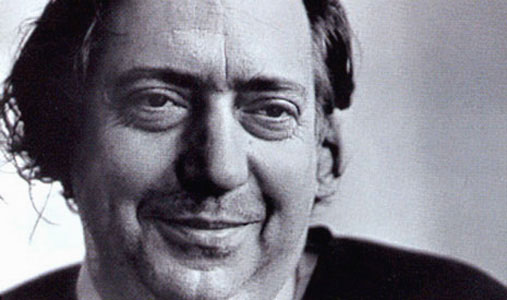 |
Henri Langlois (November 13, 1914 - January 13, 1977) was a pioneer of film preservation and restoration. Langlois was born in Izmir, Turkey. He started his archives with private funds and only a handful of films, but over the next few decades the collection grew to many thousands of titles, and the French government started financing it. Henri Langlois, Georges Franju, and Jean Mitry founded the Cinémathèque Française (a Paris-based film theater and museum) in 1936. It grew from ten films in 1936 to more than 60,000 films by the early 70s. More than just an archivist, Langlois saved, restored and showed many films that were at risk of disintegration. Besides films, Langlois also helped to preserve other items related to cinema such as cameras, projection machines, costumes and vintage theater programmes - more details: wikipedia, Musée du Cinema, everything2.com, video tribute:
Henri Langlois was the son of Gustave Joseph Langlois & Anne Louise Braggiotti. Through his mother he is related to the Braggiotti and probably also to Frank Stevens (married to Adelaide Charnaud), the British consul in Trabzon (around 1850) - details: There is a story about him that says that he was so impressed by the fire of Smyrna in 1922 that this was the reason why he created la Cinémathèque and tried all his life to save films from being destroyed.
Henri Langlois was the son of Gustave Joseph Langlois & Anne Louise Braggiotti. Through his mother he is related to the Braggiotti and probably also to Frank Stevens (married to Adelaide Charnaud), the British consul in Trabzon (around 1850) - details: There is a story about him that says that he was so impressed by the fire of Smyrna in 1922 that this was the reason why he created la Cinémathèque and tried all his life to save films from being destroyed.
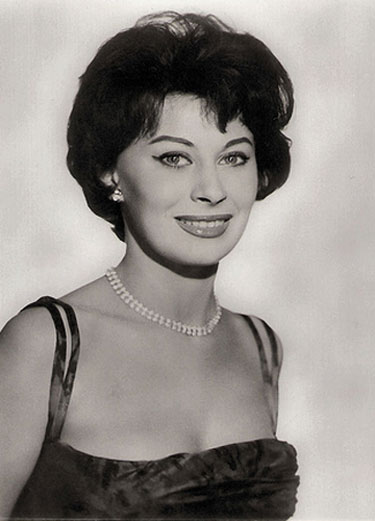 |
Magali Noël (b. June 27, 1931, Izmir, Turkey), born Magali Noëlle Guiffray, is a singer and actress, still performing on screen. Her most famous song was Fais-moi mal, Johnny (Hurt me Johnny), written by Boris Vian. This song was one of the first rock’n roll songs with French lyrics. It has been forbidden on the radio during a long time due to its risquée lyrics describing - with a great sense of humour and derision - an SM episode. Further info, wikipedia, her own site:
Magali Noël was the daughter of Yves Guiffray & Suzanne Guy - details: & baptismal certificate:
Magali Noël was the daughter of Yves Guiffray & Suzanne Guy - details: & baptismal certificate:
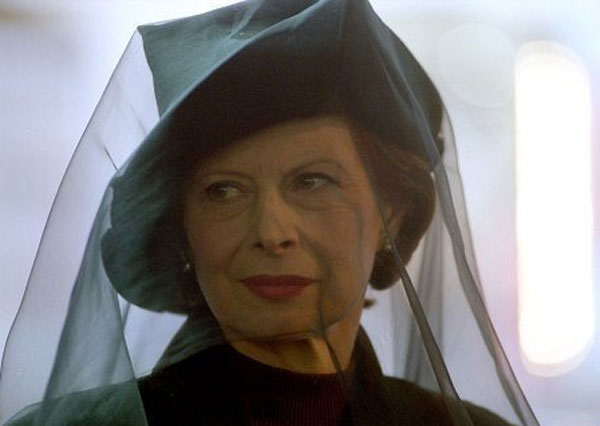 |
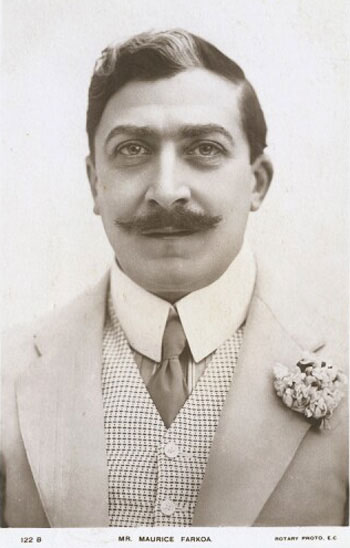 |
Maurice Farkoa (1864-1916) was a Latin of Syrian descent on his father’s side who emigrated from Turkey to pursue a successful career on stage. The singer arrived in London as one ½ of a French double act for ‘Morrocco Bound’ in 1893 and stayed on to become London leading romantic lead. Despite his Turkish origins he played the Frenchman very well and was ideal as musical comedy’s London heart throb. Maurice Farkoa was born on 23 April 1864 at Smyrna, Turkey, the son of Antoine Michel Farkoa and Fanny Françoise Wilkinson, a British consular and merchant family - details: He was an actor and singer of opera. Died on 21 March 1916 at New York City. The Indicateur Commercial [Smyrna trade directory] of 1898-99 advertises: ‘Antoine Farkoa et fils agents d’assurances et de Navigation a vapeur [insurance agents and shipping agents], local Tenekidhi Smyrne’ - further info:
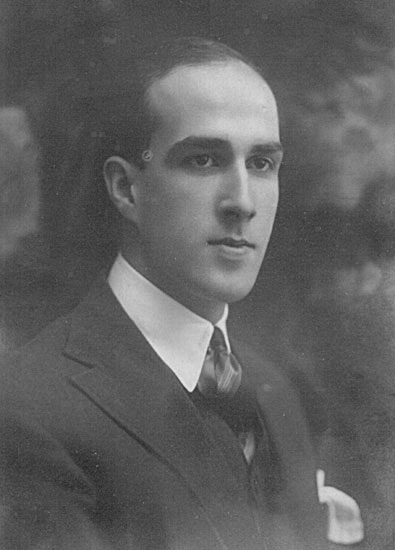 |
Mario Oscar De Andria (1898 Smyrna - 1951 Paris) worked for Atlantic Film, a motion picture production company set up by his brother-in-law Marcel de Hübsch. He was the grandson of Pietro ‘Petrakaki’ de Andria, from an old Genoese family that settled in Chios centuries before. Petrakaki was the head (manager) of ‘P. de Andria & Co’, one of the most famous carpet manufacturers and exporters of the end of the 19th century, which merged with several competitors into OCM (see book segment) at the beginning of the 20th century. He is said to have designed the motifs of his carpets himself. Through his mother, Mario Oscar is descended from Pierre-Augustin Guys, a French author, himself settled in Smyrna at the end of the 18th century. Pierre Augustin wrote for instance ‘Voyage littéraire de la Grèce’, published by Veuve Duchesne, Paris 1783 (digitalized in Google Books).
Mario Oscar, who left Turkey and became an Italian officer during World War I, directed from 1937 to 1943 several short films about modern techniques and the history of discoveries. In 1939, he directed another short (film) entitled Deux Empires, Une Force, showing the danger of the growing Nazi power, and the potential of the French-English alliance. One of the films where Mario Oscar de Andria was production manager for ‘Atlantic Film’ was ‘Gai Dimanche’ in 1935. Jacques Tati, one of the directors and actors, reused many of the ideas in 1949 in a much more famous feature film called ‘Jour de Fête’.
Mario Oscar’s sister, Marie-Jeanne, married Marcel de Hübsch (1895 Constantinople – 1973 Romainville) in 1920 in Paris. Marcel was descended from a family from Saxony who settled in Constantinople in the 18th century, at first for trade. But very soon they turned to diplomacy and gave many representatives to Saxony, Russia and eventually Denmark. Marcel was very young when he left Turkey, before WWI, and settled in Paris, first as a broker. He founded Atlantic Film around 1930 and produced around 150 short films, mostly educational. He was the chairman of the Union of French producers of short films for many years and earned several global awards, such as the Grand prix du documentaire de la biennale de Venise 1936 (Documentary Grand Prize at the 1936 Venice Film Festival).
information courtesy of Jean François de Andria (the son of Mario Oscar), 2009
Mario Oscar, who left Turkey and became an Italian officer during World War I, directed from 1937 to 1943 several short films about modern techniques and the history of discoveries. In 1939, he directed another short (film) entitled Deux Empires, Une Force, showing the danger of the growing Nazi power, and the potential of the French-English alliance. One of the films where Mario Oscar de Andria was production manager for ‘Atlantic Film’ was ‘Gai Dimanche’ in 1935. Jacques Tati, one of the directors and actors, reused many of the ideas in 1949 in a much more famous feature film called ‘Jour de Fête’.
Mario Oscar’s sister, Marie-Jeanne, married Marcel de Hübsch (1895 Constantinople – 1973 Romainville) in 1920 in Paris. Marcel was descended from a family from Saxony who settled in Constantinople in the 18th century, at first for trade. But very soon they turned to diplomacy and gave many representatives to Saxony, Russia and eventually Denmark. Marcel was very young when he left Turkey, before WWI, and settled in Paris, first as a broker. He founded Atlantic Film around 1930 and produced around 150 short films, mostly educational. He was the chairman of the Union of French producers of short films for many years and earned several global awards, such as the Grand prix du documentaire de la biennale de Venise 1936 (Documentary Grand Prize at the 1936 Venice Film Festival).
information courtesy of Jean François de Andria (the son of Mario Oscar), 2009
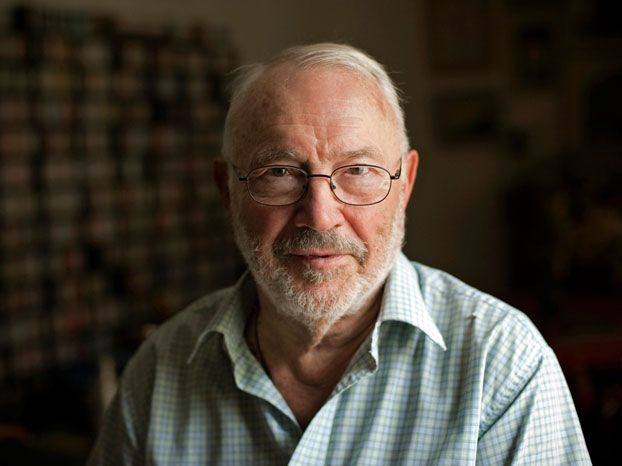 |
André Tubeuf, writer, philosopher and music critic born in Izmir 1930.